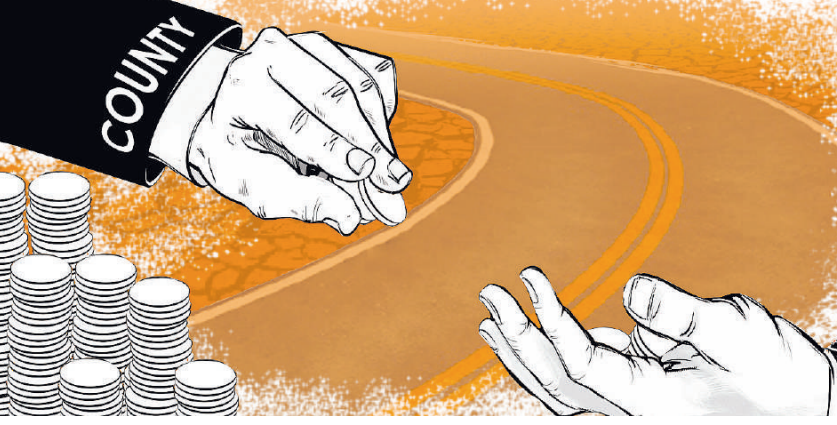
Devolution is one of the most transformative changes in the 2010 Constitution. Specifically, Article 174 of the Constitution provides that the key objectives of devolution include among others to promote social and economic development and to provide proximate, easily accessible services throughout Kenya. Indeed, at the heart of Kenya’s devolution to 47 county governments, is the expectation that devolution would not only increase the accountability of the governments to citizens but also mainstream social justice.
The conference thus provides an opportunity to interrogate the concept of social justice which is a contested terrain because different individuals and social groups hold different perceptions of what is considered a ‘just society’ and who should be allocated or distributed with societal benefits. Be that as it may, social justice is a societal value that guides human interaction and, in particular, the fair distribution of society’s benefits, advantages and assets, not just by law and in the courts but in all aspects of society. Social justice is not just about securing rights or doing rights but also about our responsibilities and their consequences.
It focuses our attention on the relative position of different members of our society and on examining the disparities that might exist, the root causes of these disparities, and the opportunities for eliminating them. In precis, social justice is a broad concept that encompasses the fair and just distribution of resources, opportunities and outcomes across various groups and individuals within society. It involves actively working to dismantle the barriers and biases that obstruct people from realising their full potential and participating fully in community life.
In this regard, social justice is not an abstract ideal, it is a compelling legal and human rights issue premised on the distributive justice theory as espoused by John Rawls who advocates for fair, just and equitable distribution of benefits and burdens. These benefits include income, economic wealth and social services, among others. It envisions a society of free citizens holding equal basic rights cooperating within an egalitarian system.
When children lack pre-primary education, when women face barriers to healthcare, or when marginalised communities are denied economic opportunities, these are violations of fundamental rights. The link is undeniable: human rights abuses fuel the economic, social and cultural deprivations that define injustice. It follows, therefore that the realisation of human rights and efforts to enhance social justice are mutually reinforcing and human rights norms and principles ought to guide efforts to promote social justice. Devolution offers a way to break this flaw by embedding a human rights approach to social justice.
By treating citizens as rights-holders and governments as duty-bearers,
county governments breathe life to the concept of social justice. Pursuant to
Part 2 Schedule Four of the Constitution, county governments deliver services at
the grassroots level to enhance human rights obligations. Counties provide
access to essential services such as health, water and resources to people
living in disadvantaged communities or in negative situations, which empowers
them to lead better lives. Ultimately, such critical focus on championing the rights of
the vulnerable and marginalised not only responds to international obligations
but also forms a cornerstone for equitable societies where every person
regardless of their background, gender or social standing can lead a life of
respect and opportunity.
As the country continues to make strides in achieving the Sustainable Development Goals, particularly in the areas of gender equality, access to education, and economic inclusion, the need for county governments to embrace a human rights approach to service delivery is greater than ever. The conference is therefore an opportunity for all to reflect, evaluate and build consensus on how county governance can be designed to accelerate development and close the socioeconomic divide. Indeed as Hubert Humphrey said, paraphrased, the moral test of a government is how that government treats those who are in the dawn of life, the children: those who are in the twilight of life, the elderly: and those who are in the shadow of life, the sick, the needy and those with disabilities.
This is therefore
our chance to reimagine devolution as a shared journey towards a society, which
is inclusive and just.
Mwiti is the CEO, Council of Governors
















